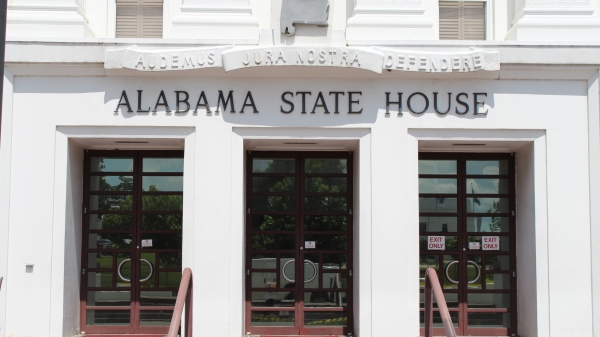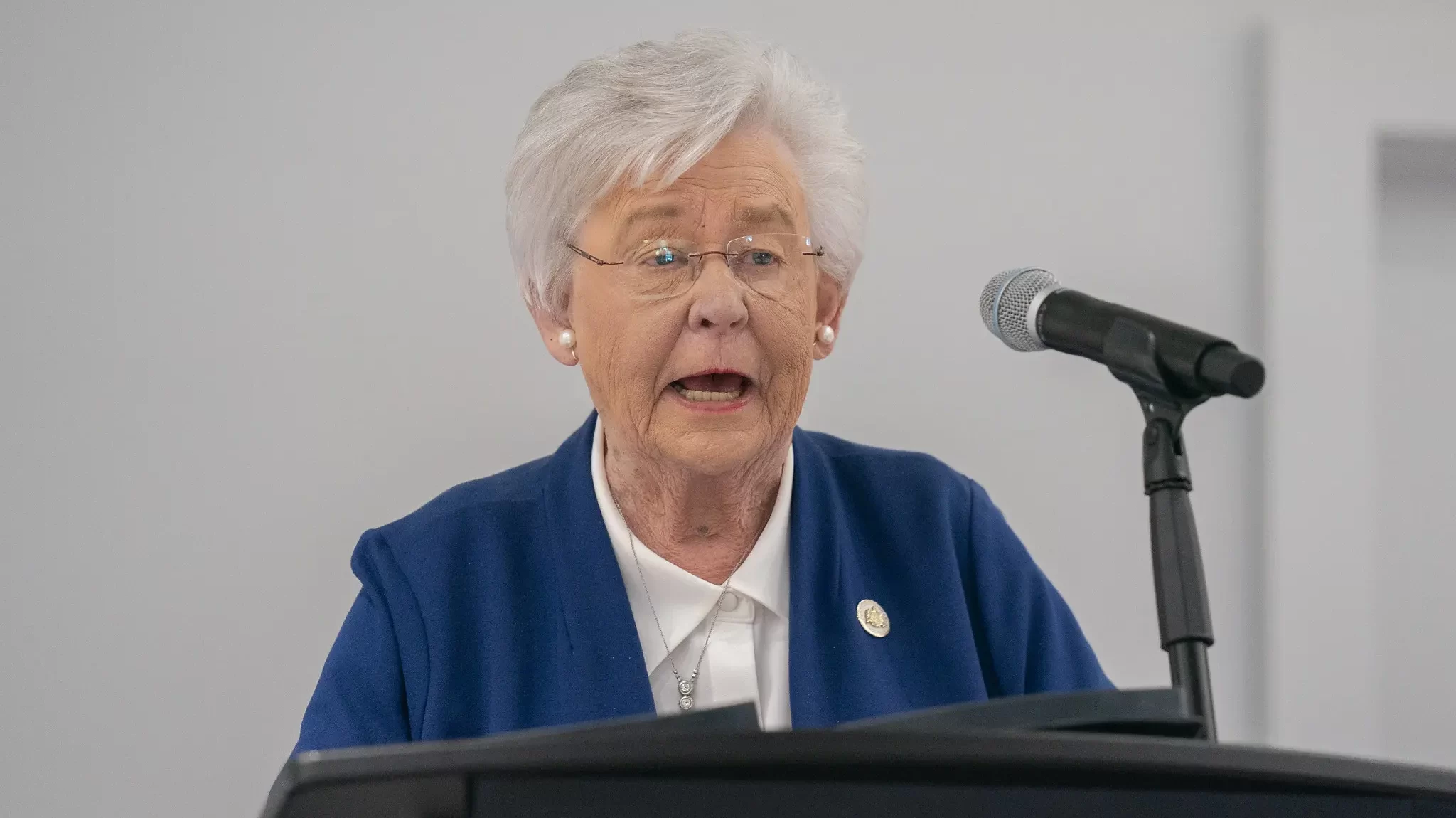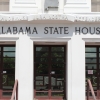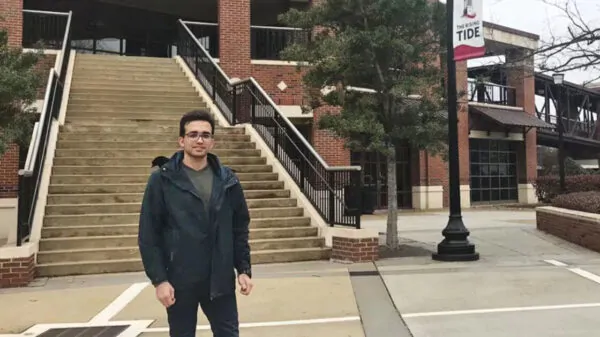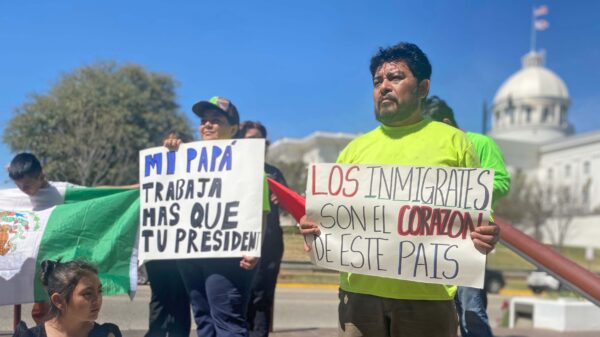|
Getting your Trinity Audio player ready...
|
On October 8, twenty-five Republican governors, including Kay Ivey, signed a letter to President Biden and Vice President Harris criticizing the Cubans, Haitians, Nicaraguans, and Venezuelans temporary parole program.
Designed to reduce the number of illegal crossings at the Southern border, the program allows select nationals from Cuba, Haiti, Nicaragua, and Venezuela to apply for “a temporary period of parole for up to two years.” It went into full effect in 2023.
Between December 2023 and August 2024, the number of Venezuelans found crossing the U.S.-Mexico border fell by 99 percent. The number of Cubans similarly fell by 98 percent, the number of Haitians by 97 percent, and the number of Nicaraguans by 96 percent.
Granting additional leniency to aspiring immigrants from countries in crisis is also a longstanding feature of American public policy. While president, current Republican presidential nominee Donald Trump deferred enforced departure for most Venezuelan nationals residing in the United States.
The governors’ letter lists four of the requirements for individuals to benefit from the program, namely that any prospective beneficiary must “have a supporter in the United States, undergo and clear robust security vetting, meet other eligibility criteria, and warrant a favorable exercise of discretion.”
However, despite stating that migrants may be “potentially in need of state and local services,” the letter does not mention that beneficiaries’ supporters must have agreed “to provide them with financial support for the duration of their parole.”
In addition to asserting parole recipients may be drains on government services, the letter says the “apparent dumping of migrants into our cities and small towns … sowed mistrust and fear among the public,” while still expressing some concern for the migrants themselves. The governors argue that, due to the “understandable skepticism” migrants are met with, they are more vulnerable to exploitation and human trafficking.
The most recent, high-profile example of “skepticism” about people utilizing the CHNV program are the viral falsehoods about Haitians in Springfield, Ohio, “eating the dogs … eating the cats,” as Trump baselessly but memorably claimed during the September presidential debate.
Several Alabama politicians helped spread this misinformation at the time, with Alabama Senator Tommy Tuberville retweeting Trump’s campaign promising that the candidate would “deport migrants who eat pets” if elected.
This letter is not Alabama Republicans’ first criticism of the CHNV program. In September, both of Alabama’s senators, Katie Britt and Tommy Tuberville, sent very critical letters to Department of Homeland Security Secretary Alejandro Mayorkas.
In his letter, Tuberville proclaimed that “programs such as the Cuban, Haitian, Nicaraguan, and Venezuelan (CHNV) Parole Program have changed the landscape of this country forever.”
Earlier this week, Republican House candidate Caroleene Dobson, who is running in Alabama’s 2nd Congressional District, called for similar policies to the one that the governors suggested in their letter. Dobson too emphasized the “skyrocketing percentage of state and local taxpayers dollars” she claims are being spent on CHNV beneficiaries.
Ohio Governor Mike DeWine, a Republican, did not sign onto Tuesday’s letter. A vocal critic of the rapid spread of lies about the Haitians residing in his state in recent months, DeWine has emphasized that Haitians “are here legally” and are “working very hard.”
Vermont Governor Phil Scott was the only other Republican governor not to sign on.
While Republican governors remain vocally concerned about potential effects of the CHNV program and a supposed lack of vetting, the DHS has already announced that paroles issued under the program will not be renewed. In order to stay in the country, beneficiaries will need to apply and be approved under other programs, like traditional asylum.
Some feel refusing to extend the program is a political calculation on the White House’s part as Vice President Harris seeks to be elected president next month. Writing for a blog hosted by libertarian magazine Reason, George Mason University law professor Ilya Somin argued refusing to extend paroles will just “harm migrants fleeing violence and oppression, damage the U.S. economy, and create more disorder.”
Evidently unsatisfied that the hundreds of thousands of beneficiaries will be forced to apply through different pathways or be deported, the twenty-five signatories have requested “a full accounting from the Biden-Harris Administration and DHS of the location and legal status of the parolee populations in our states.”
The governors also want “the names and locations of the sponsors,” as well as more specific information about the vetting process and DHS’ systems for monitoring and assisting migrants.












